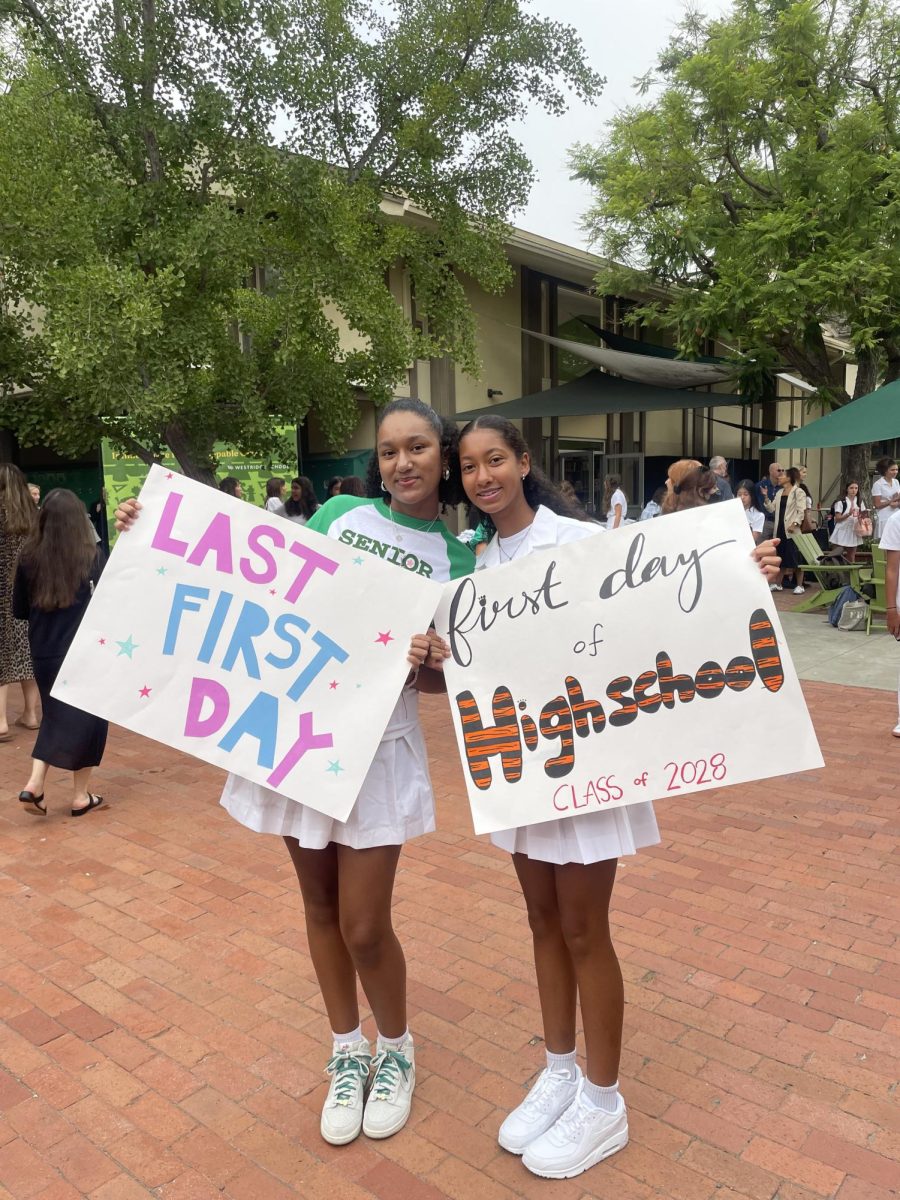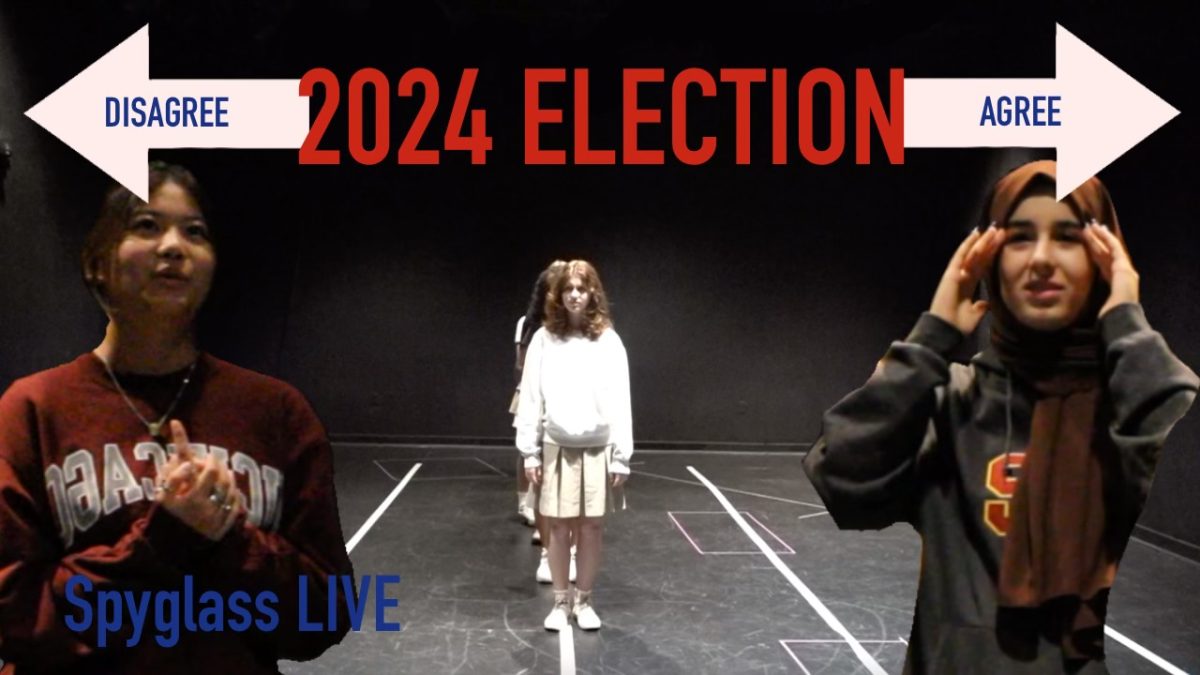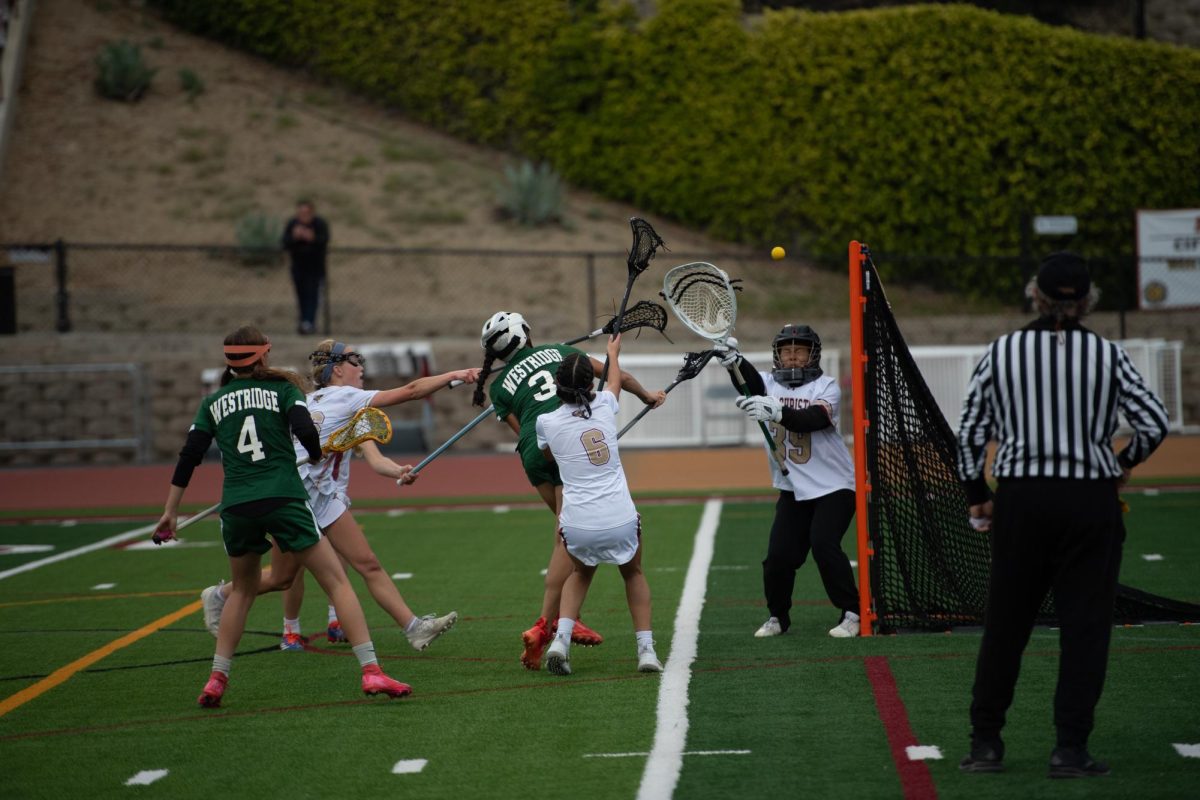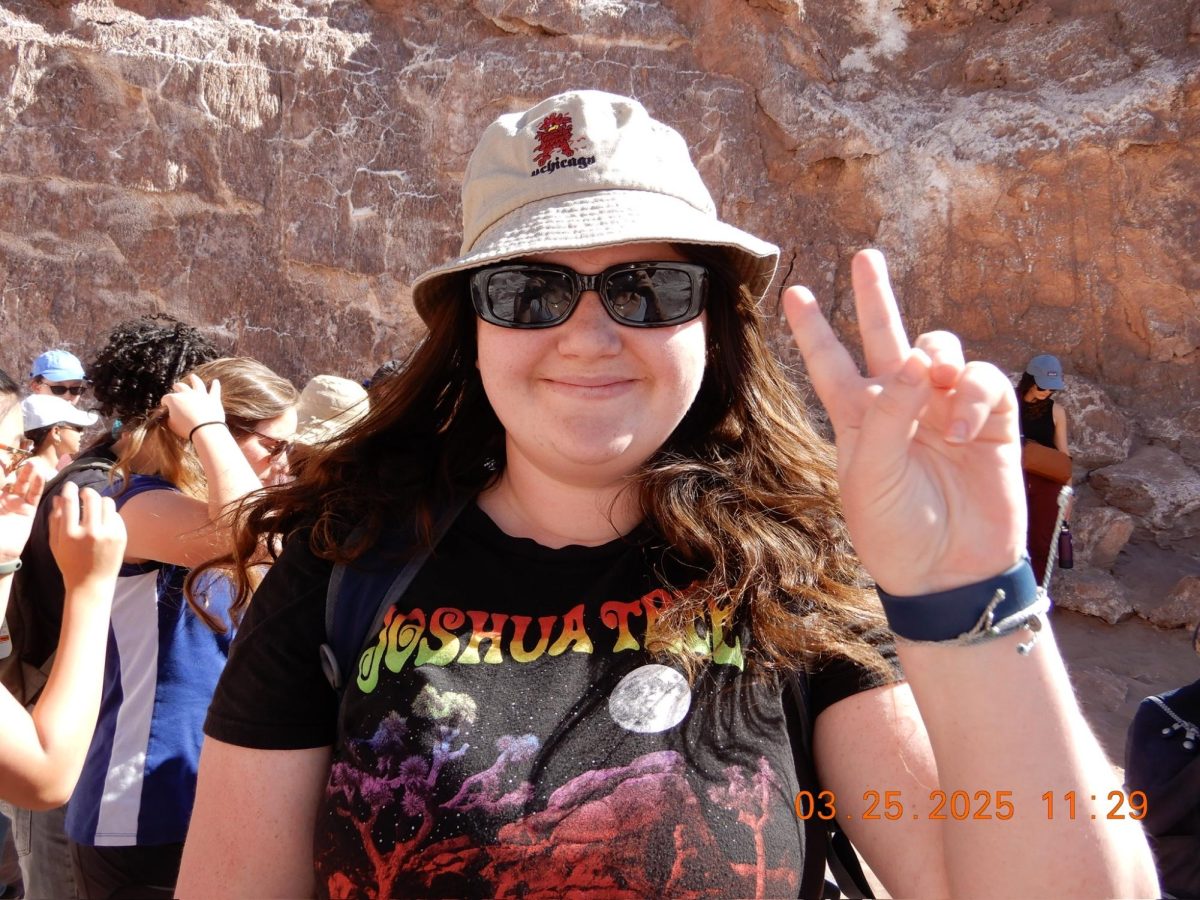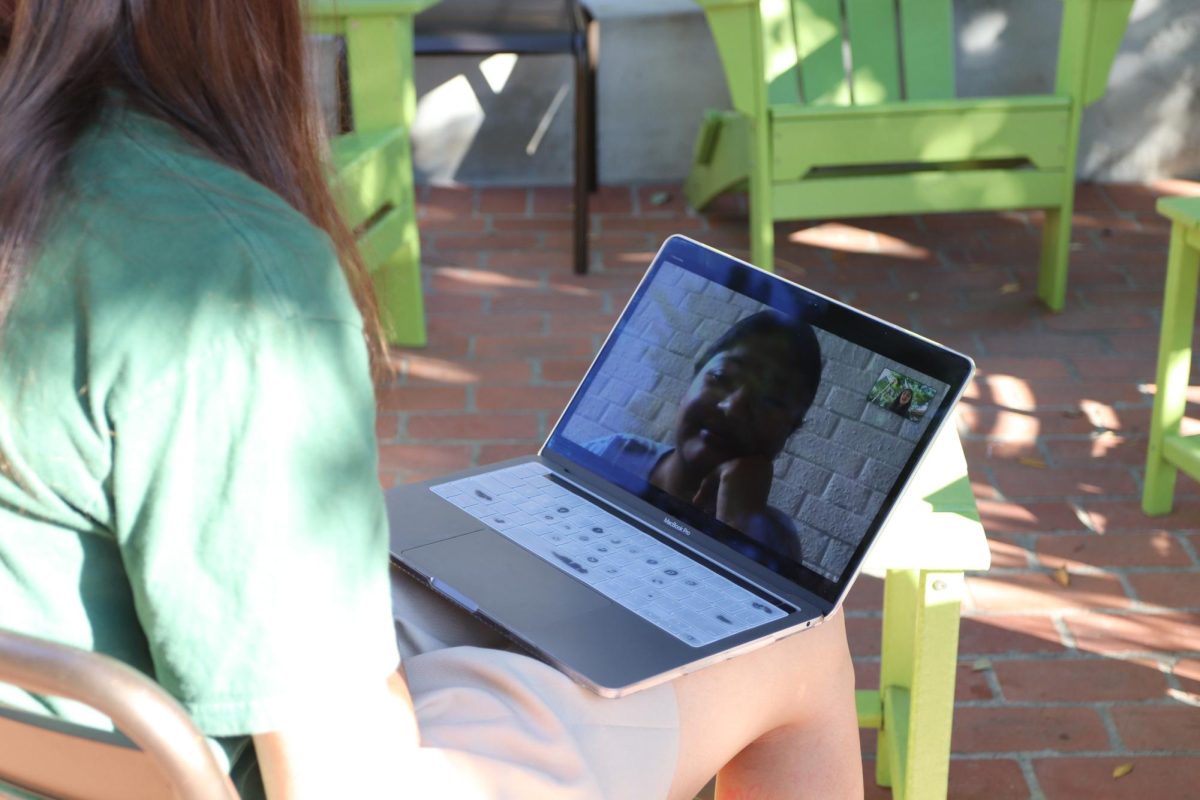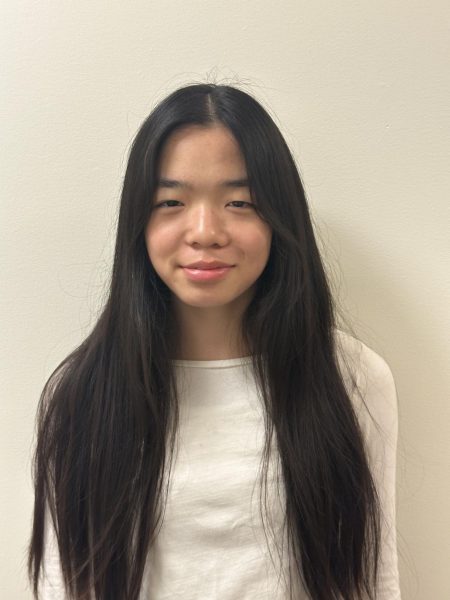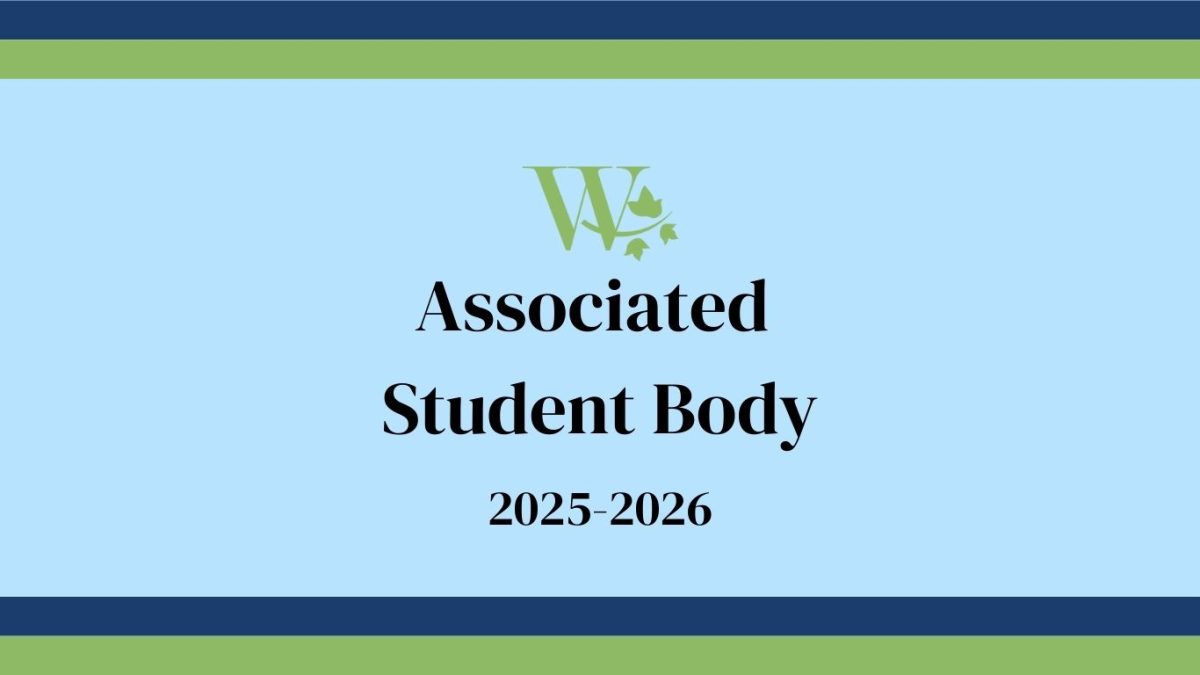On the Westridge campus, it’s not uncommon to see a student huddled over their laptop, gesturing animatedly and speaking Spanish to the screen. Chances are, they are speaking to their Project Olas “mom,” as they are affectionately known.
Project Olas is not a typical online language learning program. It is a relationship-centered cultural immersion program connecting students in the United States with Guatemalan women. Upper School Spanish Teacher and Chair of the World Languages and Cultures Department Dr. Vicki Garrett said, “What I like about Project Olas is the direct human connection. The students can actually build a relationship with the person that they’re communicating with. They get to know [them], share their daily lives, they can share about their community.”
As almost half of Upper School students study Spanish, Project Olas is fast becoming a more integrated part of the Spanish 3 and 4 program, where students can develop relationships with the same person over their two years of study.
Online calls with Olas “moms” give students a chance to practice their Spanish as well as provide opportunities for cultural appreciation and sharing.
Devanie A. ’26 said, “I really liked this one conversation where me and her were kind of just talking about the differences in Guatemalan culture and Mexican culture just because my family isn’t [Guatemalan]. So we just started talking about the difference and the similarities as well. And just started talking about the family dynamic within a Latino family. It’s very different from here.”
Students also develop their language skills with a native speaker. “I think it’s really important to do what Project Olas does and speak with a native speaker to be able to speak more naturally and have a more natural flow and learn things that native people say instead of just kind of sounding like a robot from a textbook,” said Julia K. ’27. “It really helped me sound more fluid.”
Student feedback has been overwhelmingly positive according to a class survey conducted by Upper School Spanish Teacher and World Languages and Cultures Global Scholars Program Chair Dr. Jessica Perez del Toro.
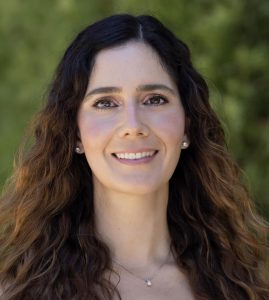
Dr. del Toro said that the biggest challenge of Project Olas is if students are shy. Those students might find it difficult to speak to a native speaker. Once they get past the initial stages of introduction, both students and the Project Olas “mom” can develop a close relationship.
Georgetown University students launched Project Olas in 2019. The women working in the Guatemala City Garbage Dumpsite usually earn $3–$5 in a 10–12 hour work day sorting through trash for recyclable materials and risking physical harm. When COVID-19 shut down the dump, more than 60,000 people lost their only source of income. Many families suffered, in particular those of single moms in the communities. Project Olas has trained and employed some of those mothers as Spanish language mentors, helping them to lead a safe and stable life.
The founder of Project Olas, Rebecca Cox, visited the Westridge campus on February 3 and spoke about her background and Project Olas—which is not just about language learning but also a global awareness learning opportunity. Ms. Cox encouraged Westridge students to make a difference in the world. She also reminded students to listen and learn from people, particularly those who are directly impacted by these issues.
Julia K. ’27 commented excitedly on her favorite part about Project Olas, saying, “It’s just really cool, being able to connect with someone with a completely different life than me. Everything about our lives are so different, yet we get along. I really enjoy being able to connect with different people.”




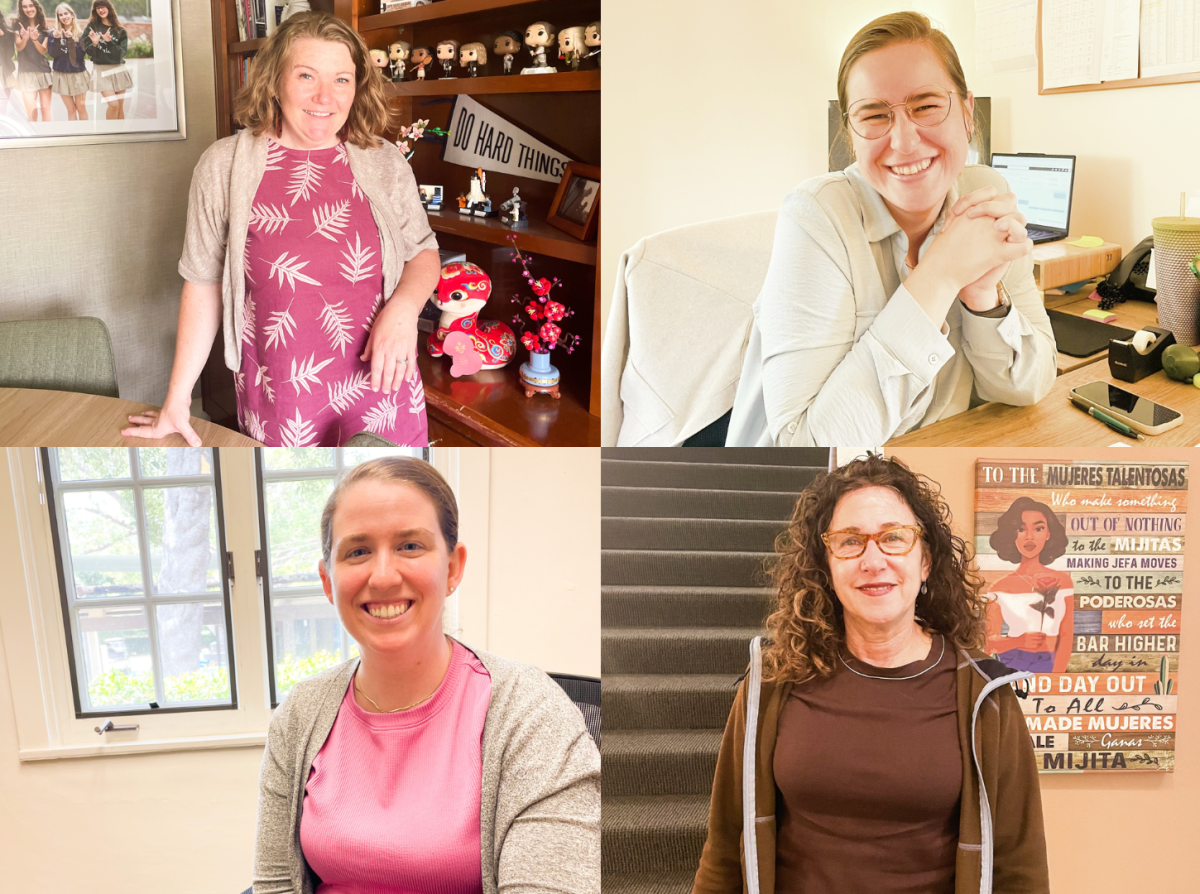
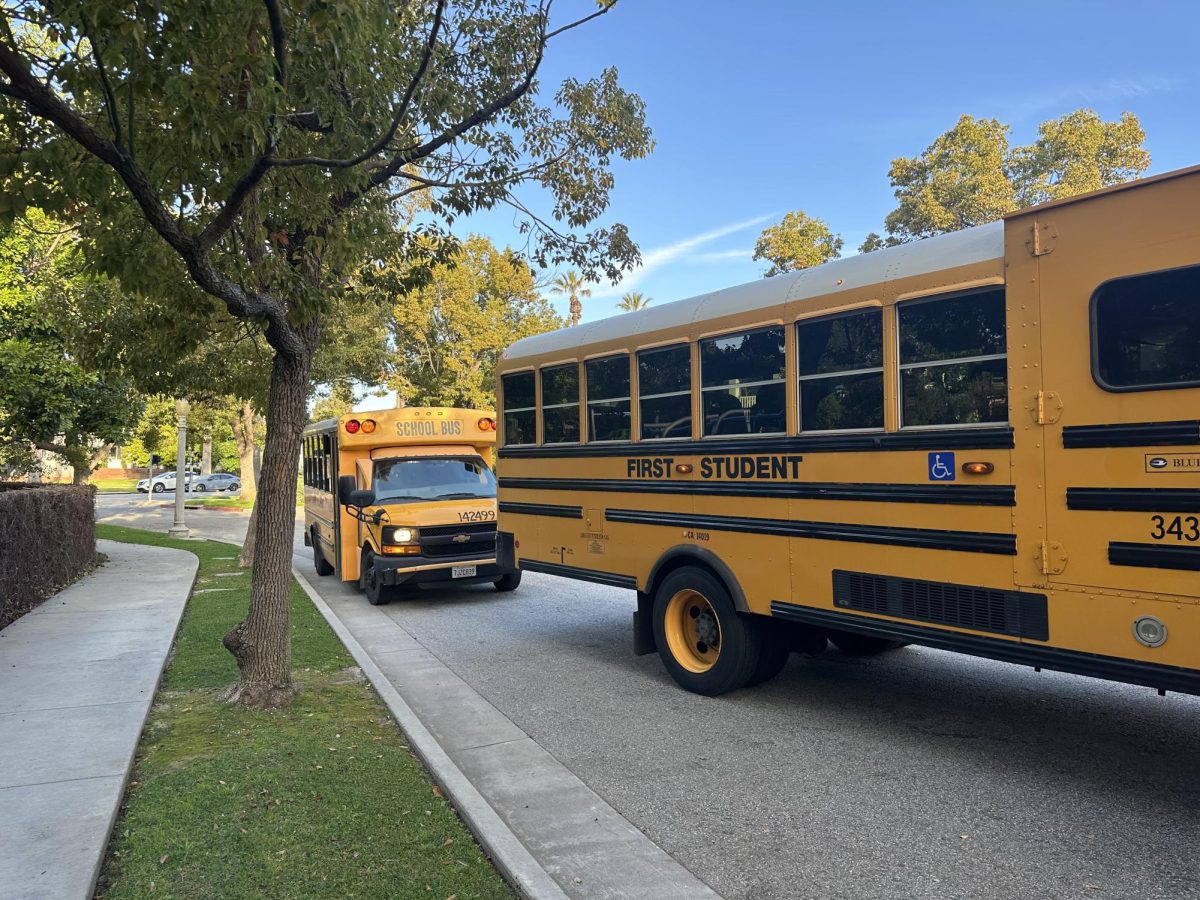


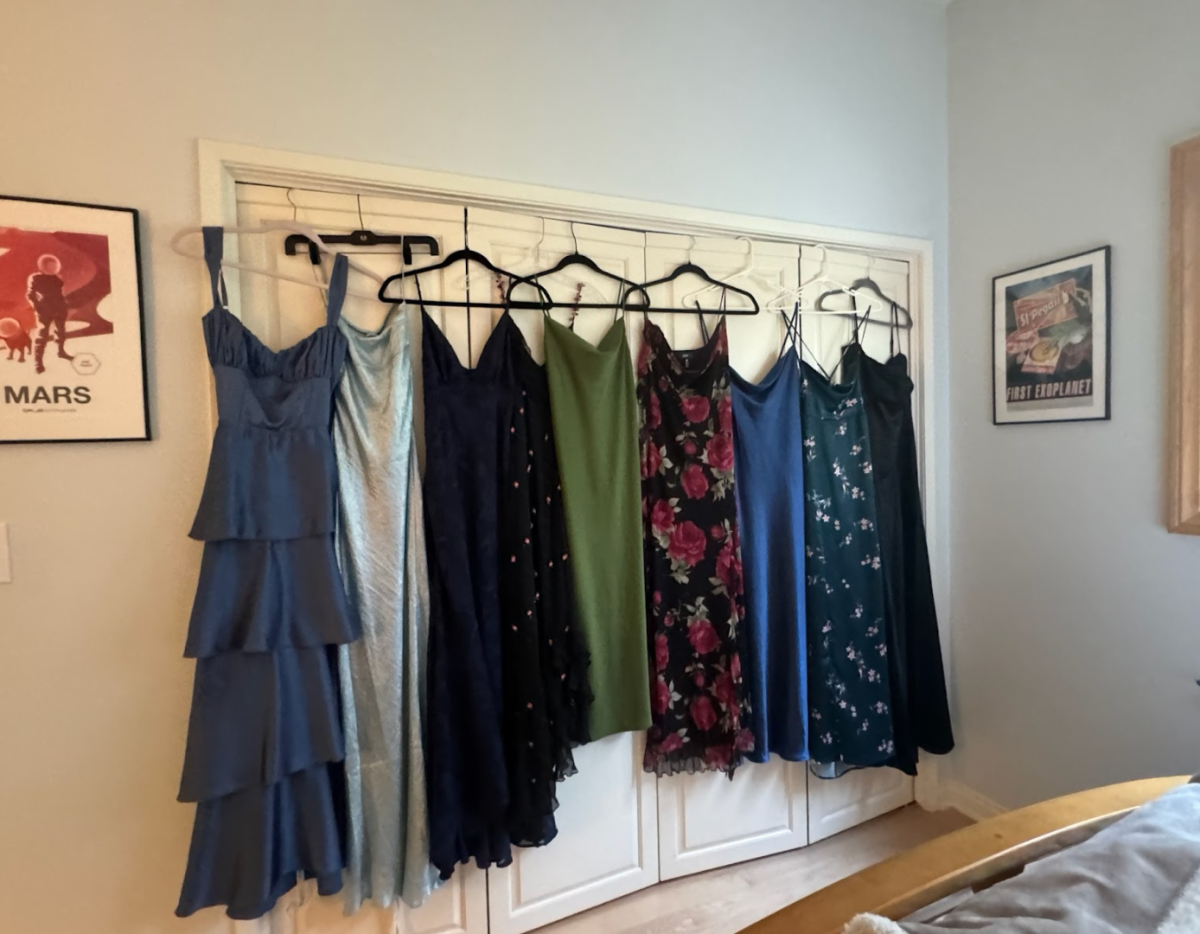








![Dr. Zanita Kelly, Director of Lower and Middle School, pictured above, and the rest of Westridge Administration were instrumental to providing Westridge faculty and staff the support they needed after the Eaton fire. "[Teachers] are part of the community," said Dr. Kelly. "Just like our families and students."](https://westridgespyglass.org/wp-content/uploads/2025/03/dr.-kellyyy-1-e1748143600809.png)








